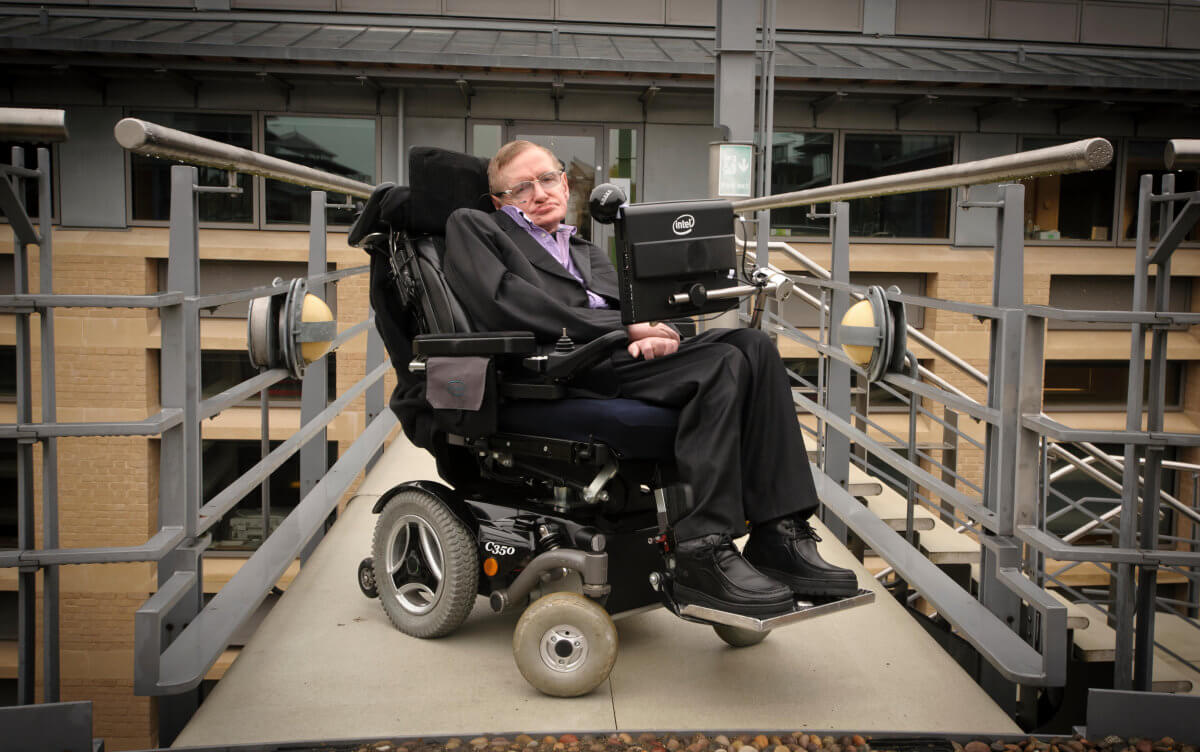- Get link
- X
- Other Apps

An incurable degenerative disease called amyotrophic lateral sclerosis (also known as Charcot's disease and Lou Gehrig's disease) was slowed down by editing the genes in laboratory mice. For the first time in people with this disease, among which the famous scientist Stephen Hawking, there was a tiny, but still hope that one day there will be a "magic pill" that can change their lives for the better. After all, the technology CRISPR / Cas9 every year opens before medicine all new and new opportunities that used to seem something from the field of science fiction.
Amyotrophic lateral sclerosis became widely known not only thanks to Hawking, but also after the famous viral action in support of awareness of this disease. Surely you remember how in 2014 the whole Internet was filled with the videos of the Ice Bucket Challenge, in which celebrities like Vin Diesel, Mark Zuckerberg, Bill Gates and Barack Obama overturned the ice buckets, while challenging other people. Each participant transferred $ 10 to the research fund. As a result, the action helped to collect more than $ 40 million, which made possible further studies of this disease.
Researchers from the University of California at Berkeley published in the journal the results of their experiments on laboratory mice with a mutant human SOD1 gene accounting for approximately 20% of cases of hereditary amyotrophic lateral sclerosis. The genes modified with CRISPR / Cas9 were delivered to motor neurons of the spinal cord of mice with adeno-associated viruses, which are almost completely safe for humans. Proteins made cuts in the right parts of the genome, after which the cells built new, mutations-free genes at these intervals.
The laboratory mice that underwent genetic editing lived on average one month longer than the rest, which is a very good result, given that the owners of the mutated gene lived no longer than 4 months. Signs of ALS disease in these mice developed significantly more slowly. Scientists themselves admit that this, of course, does not mean that they found a 100% cure for the disease. However, the technique of gene editing for the first time so brought them closer to the victory over this disease.
The article is based on materials .
- Get link
- X
- Other Apps
Comments
Post a Comment